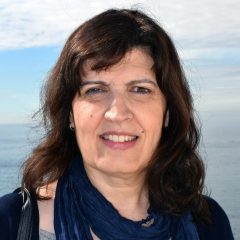
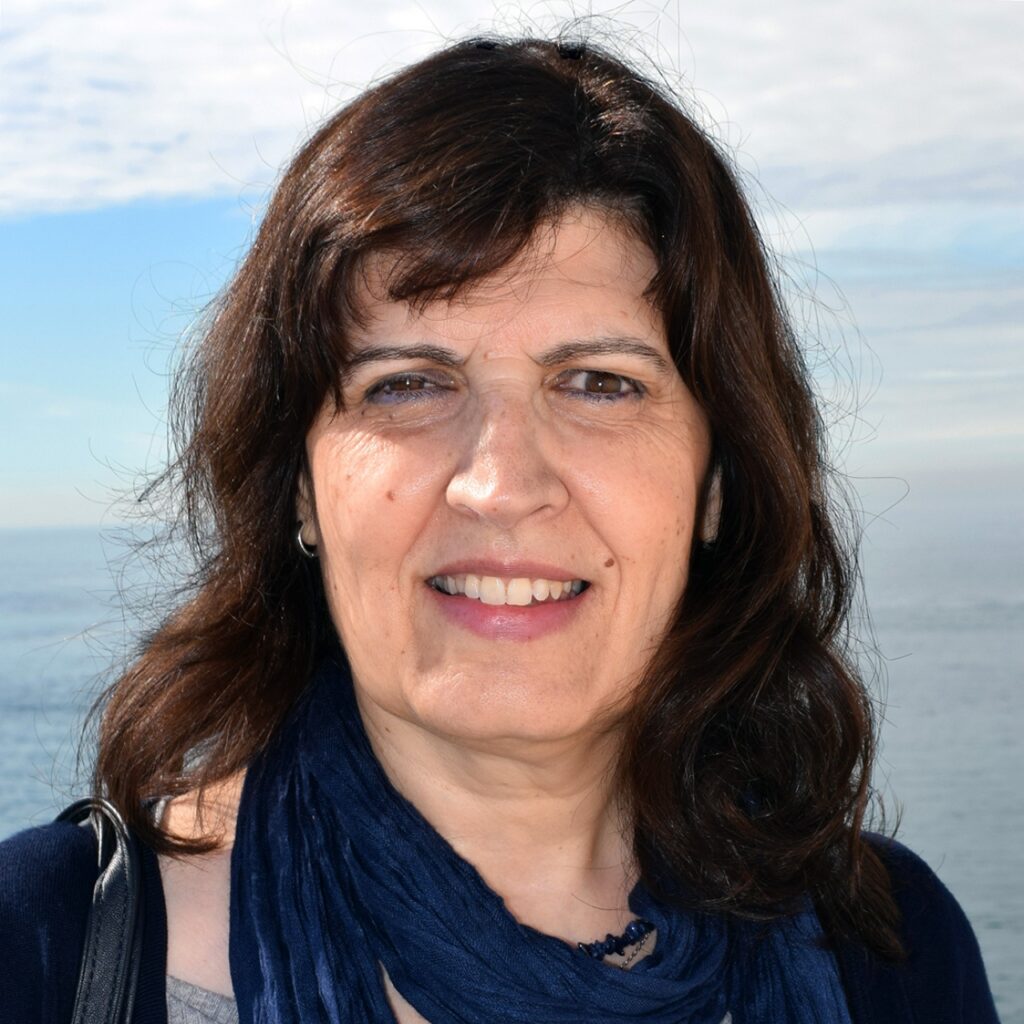
Investigador
Maria Teresa Borges tem Licenciatura, Mestrado e Doutoramento em Biologia. É Professora na Faculdade de Ciências, Universidade do Porto, e Investigadora no CIIMAR desde a sua fundação. Os interesses de investigação são multidisciplinares e aplicados, com foco em Microbiologia Aplicada (processos de Biofiltração Bacteriana e Microalgal), Biotecnologia Ambiental (Biofilmes, Fotobiorreatores, Biorremediação, Tratamento e Valorização Águas Residuais Salinas via Sistemas Integrados) e Sustentabilidade Ambiental em Aquacultura (Sistemas de Recirculação, CO2 dissolvido). Tem vasta experiência em lecionação e orientação de estudantes, gestão universitária e de projetos (ex: RACEWAYS, AQUAMONITOR, RASORGMAT), publicação em diferentes meios científicos, e em disseminação da ciência.



